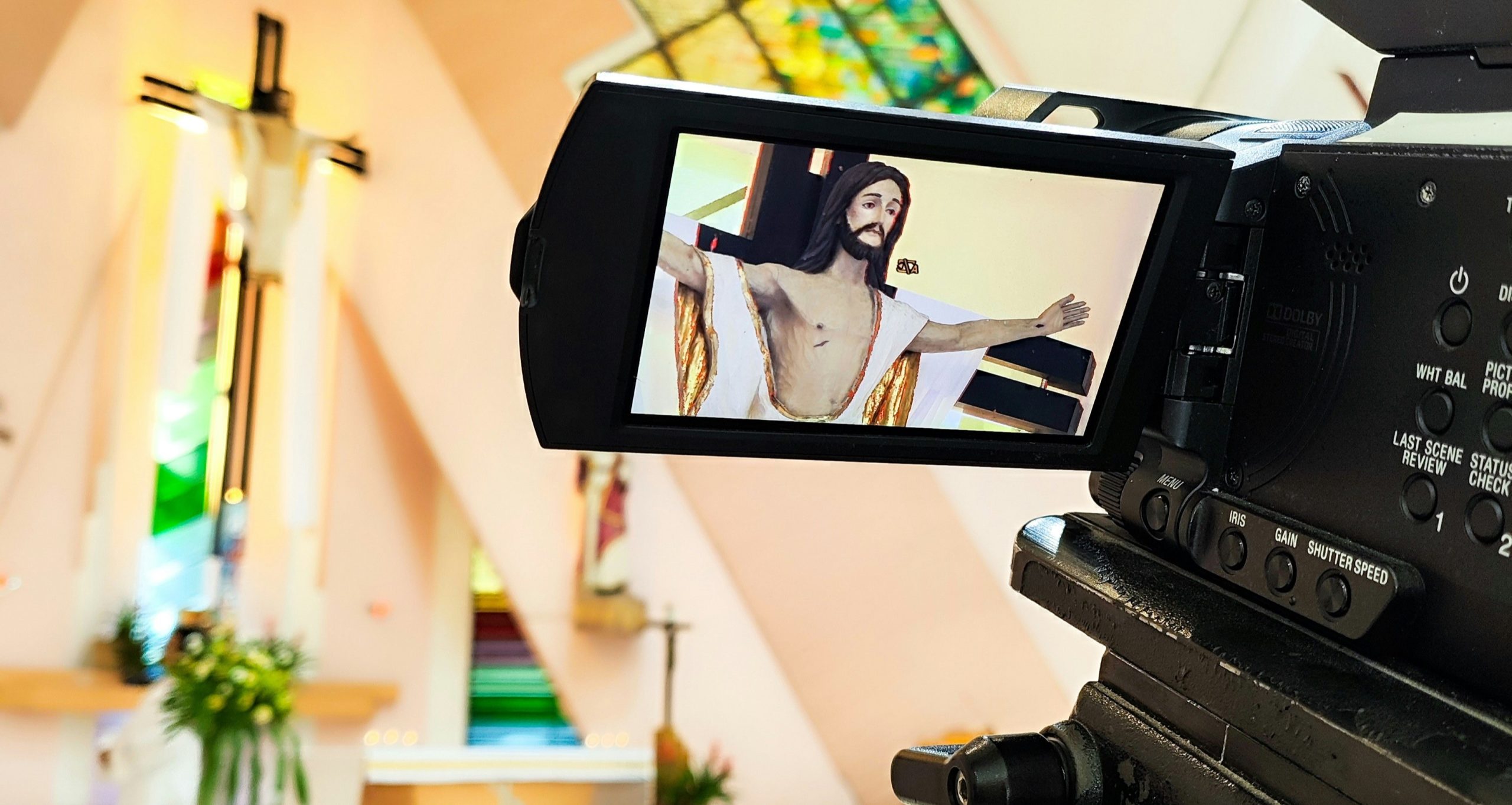Reflecting the Nation: The BBC’s efforts to represent the UK’s diversity
20 December 2024
Ofcom research indicates a steady decline in the hours of Religion & Ethics programming between 2010 and 2022. In short, there are fewer representations of religious audience groups and their perspectives then there used to be. The passing of the Media Act earlier this year removed genres from the obligations of the Public Service Broadcasters (PSBs), in effect shifting the responsibility for the broadcast coverage of religion squarely onto the BBC, an organisation that has experienced a 38% drop in funding since 2010. What does this all mean for the health and future of religious programming?
The BBC’s Royal Charter – the constitutional basis for the BBC, outlining its public purposes- includes the responsibility to ‘ensure it reflects the diverse communities of the whole of the United Kingdom in the content of its output’. As the organisation gears up for its next Charter renewal, a number of new initiatives have been announced including what the BBC calls a ‘thematic review’, looking into how accurately and authentically the BBC portrays and represents different groups and communities across the UK.
The Sandford St Martin Trust was invited to submit a response to the thematic review, surveying how well (or not) the organisation reflects the increasing diversity of the UK. While much of the submission was dedicated to recognising what the BBC does well, when it comes to the portrayal of religion, as a ‘critical friend’ SSMT would like to emphasise what we hope will be improved upon:
- Quality: More ‘positive’ or nuanced portrayals of religion and religious characters, across a range of genres (factual, drama and comedy).
- Ownership: A wider range of variety in the portrayal and representation of religion and religious communities reflecting the internal diversity and richness of the UK’s religious communities.
- Prominence: A greater quantity of religious programming to counter the overall decline in the representation of religious communities across PSBs and the BBC.
The challenges to public service broadcasting are now greater than ever, and core public service genres—such as religious and ethical programming—are increasingly under threat. We believe the BBC’s portrayal and representation of religion and religious communities matter because they reflect the increasing diversity of the United Kingdom and can play an important role in promoting a better understanding of differences and commonalities across communities. SSMT has long argued that, because of their reach, public service broadcasters, and the BBC in particular, should be at the forefront of promoting tolerance and engagement. We hope the BBC takes this opportunity to improve, refine and modernise the broadcast portrayal of religion and religious communities because in today’s world, religious literacy and accurate representation are more important than ever.
To read Sandford St Martin Trust’s full response, click here.



